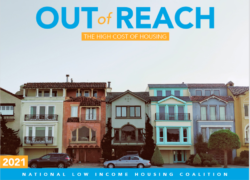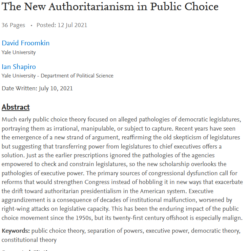 Like Digby, I found a lot to like in Paul Krugman’s recent column on how the Trump wing of the GOP (can you call it a ‘wing’ if it’s more than 3/4 of the whole?) has for several years increasingly resembled a cult of personality as exhibited in dictatorial regimes.
Like Digby, I found a lot to like in Paul Krugman’s recent column on how the Trump wing of the GOP (can you call it a ‘wing’ if it’s more than 3/4 of the whole?) has for several years increasingly resembled a cult of personality as exhibited in dictatorial regimes.
Signaling is a concept originally drawn from economics; it says that people sometimes engage in costly, seemingly pointless behavior as a way to prove that they have attributes others value. For example, new hires at investment banks may work insanely long hours, not because the extra hours are actually productive, but to demonstrate their commitment to feeding the money machine.
In the context of dictatorial regimes, signaling typically involves making absurd claims on behalf of the Leader and his agenda, often including “nauseating displays of loyalty.” If the claims are obvious nonsense and destructive in their effects, if making those claims humiliates the person who makes them, these are features, not bugs. I mean, how does the Leader know if you’re truly loyal unless you’re willing to demonstrate your loyalty by inflicting harm both on others and on your own reputation?
And once this kind of signaling becomes the norm, those trying to prove their loyalty have to go to ever greater extremes to differentiate themselves from the pack. Hence “flattery inflation”
Krugman points to Xavier Márquez’s paper, The Mechanisms of Cult Production as the go-to reading here, but anyone who remembers Trump’s creepy cabinet meetings 1 will find the current reality distortion field in Mar-a-Lago to be just more of the same.
- For an example, see In Cabinet meeting, Pence praises Trump once every 12 seconds for three minutes straight.[↩]



 Remember that
Remember that 